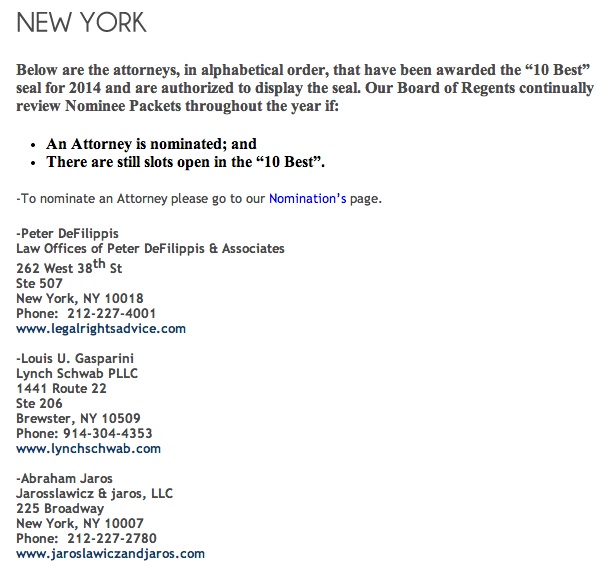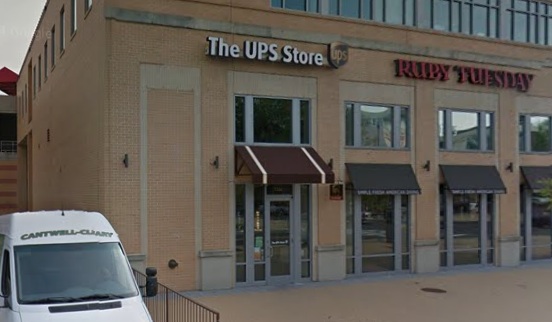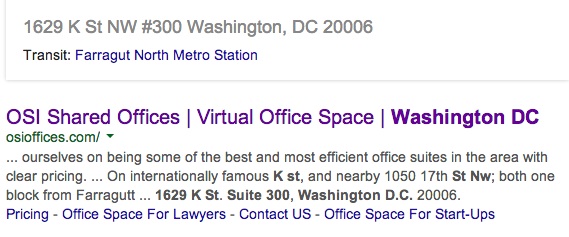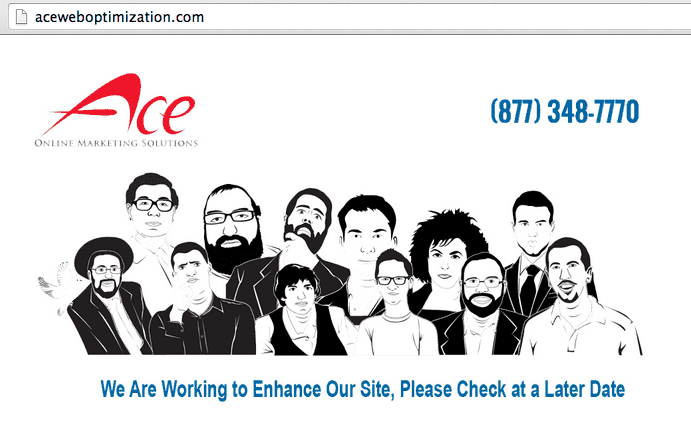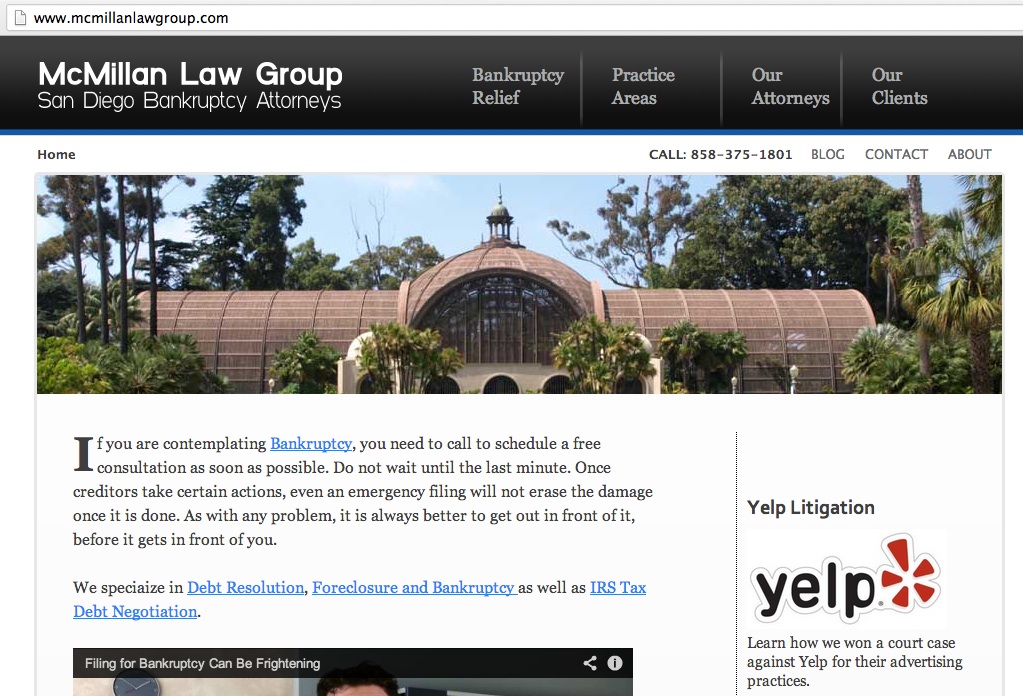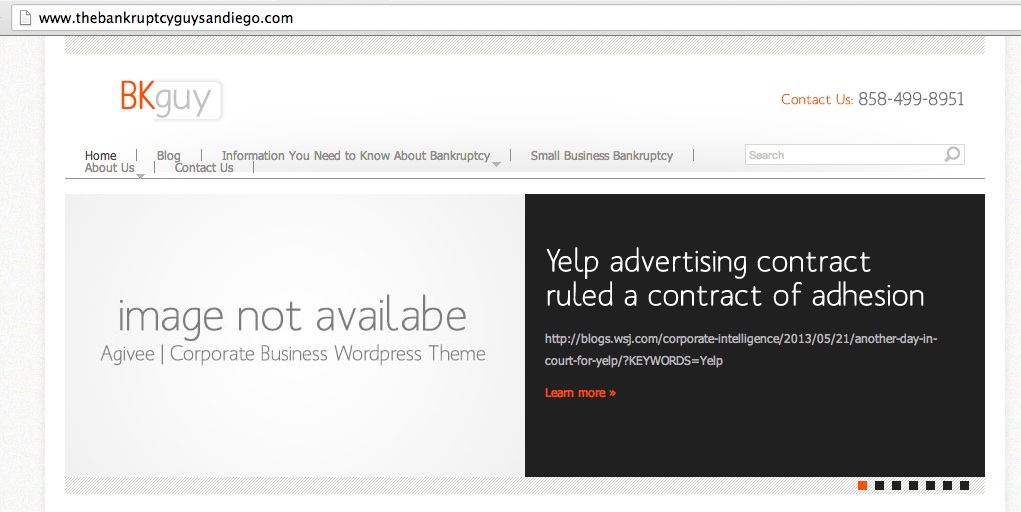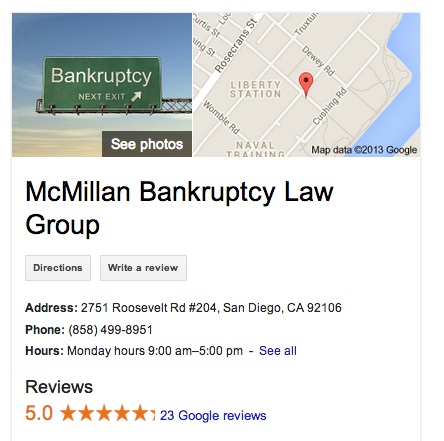Now is the time of year for legal marketing experts to cement their expert reputation by offering prognostications on the whims of Google in 2015. I thought I’d offer a different take on 2015 by highlighting the traits of 2014, common to our most successful clients.
Last year, we worked with 69 companies – from multi-national firms to part time solos. Some of them were very successful. Some of them (really) struggled. What follows are lessons gleaned from the top 15 of those firms who really nailed it last year.
They Focus on Conversion More than Marketing
(Or more accurately – they know that improving conversion is the best marketing investment you can make.)
While lawyers may not understand the concepts of canonical tags or H1s, they do immediately recognize great customer service. Further, customer service (which begins with an extremely positive intake process) is something a firm partner has direct control over.
Successful firms don’t see their front desk as a gatekeeper to the attorneys’ offices, but instead as a welcoming committee that is professional, caring, available and polite. One lawyer insists on having a prim British accent (and accompanying professionalism) at his front desk. Another (PI guy) evaluates his front desk on their ability to have the prospect agree to an in-home meeting with an attorney who is literally in a Lincoln towncar on the way to that meeting by the end of that phone call.
They Engage With Their Marketing
One of the (many) dirty little secrets about online marketing for lawyers is that our clients can usually do a better job at the hard (at least hard for us) stuff than we can. The clients we saw consistently crushing it in the search engines were very actively engaged with the hardest, most creative, least certain aspects of SEO – content development, linkbuilding and review management. These were hands on clients who leveraged their expertise, network and established position of influence with our direction to deliver very successful SEO campaigns.
They Calculate Marketing Channel Effectiveness
Our best clients calculate marketing effectiveness by channel – and not just by asking prospects “where did you find us.” Through a combination of intelligent tracking infrastructure and onboarding management, they knew their cost per client by marketing channel – enabling us to have rational, math based decisions instead of emotive, theoretical debates. In many cases, we installed this infrastructure and the internal discipline to use it in order to make these math based conversations happen.
For one client we ran two simultaneous campaigns through a creative marketing concept for two very different practice areas. Each required a $20,000 proof of concept marketing investment. One was an utter belly flop – the other a run-away success. Had we been focused on debating the genius (or lack thereof) of the marketing concept instead of the business results, nothing ever would have happened.
They Don’t Have Social Media Consultants
Very successful attorneys recognize social media for what it is: a catalyst for their own personal networking. And they know that outsourcing personal networking just doesn’t work – either online or in person. Nor did they need to hire anyone to teach them to write in 140 characters or less. They never embraced the oft-touted fallacy that social media was going to drive search rankings or that prospective clients were going to tweet out their need for a DUI lawyer or begin their divorce process by announcing on Facebook their impending nuptial demise.
They (Often) Had Never Hired an SEO
There were a sprinkling of firms we worked with that had never ever hired an SEO before and started with old, somewhat dated site. Essentially – their backlink and content profiles were so squeaky clean, just by having done nothing, that a responsive website and a little professional guidance were all they needed to take off. Note that these were firms in niche practice areas (i.e. NOT Personal Injury) in secondary geographic markets – where a combination of simple best practices and white hat implementation were all that was needed to drive significant business.
They Work the Legal Directories
2014 was the year the legal directories took a jump up – specifically Avvo, FindLaw and Nolo – all of which benefited from Google algo changes this year. Successful firms didn’t see this as competition, but instead an opportunity to be leveraged through advertising and/or engagement.
They Don’t Care About Their Ranking
Speaking of search engines – our best clients never ever talked to us about where they ranked for whatever SEO phrase most heavily stroked their personal ego. They understood how search results are personalized and that the vast majority of converting traffic comes from the long tail and local. We deliberately parted ways with a few firms who were myopically more interested in a search engine rankings instead of getting their phone to ring. (And no – these things are not necessarily correlated.)
New Years is always a good time to reassess priorities – both personal and professional – mix in some of these lessons for your firm along with your January gym membership.

